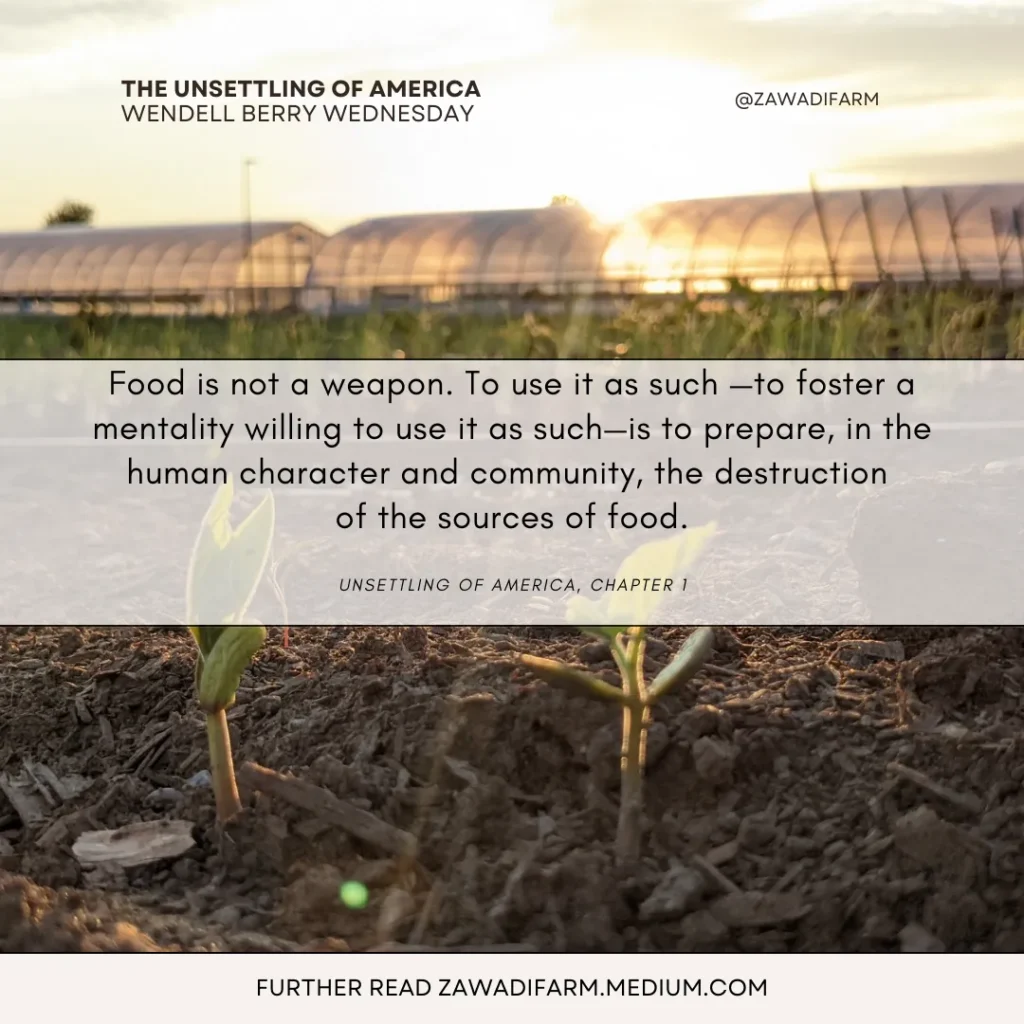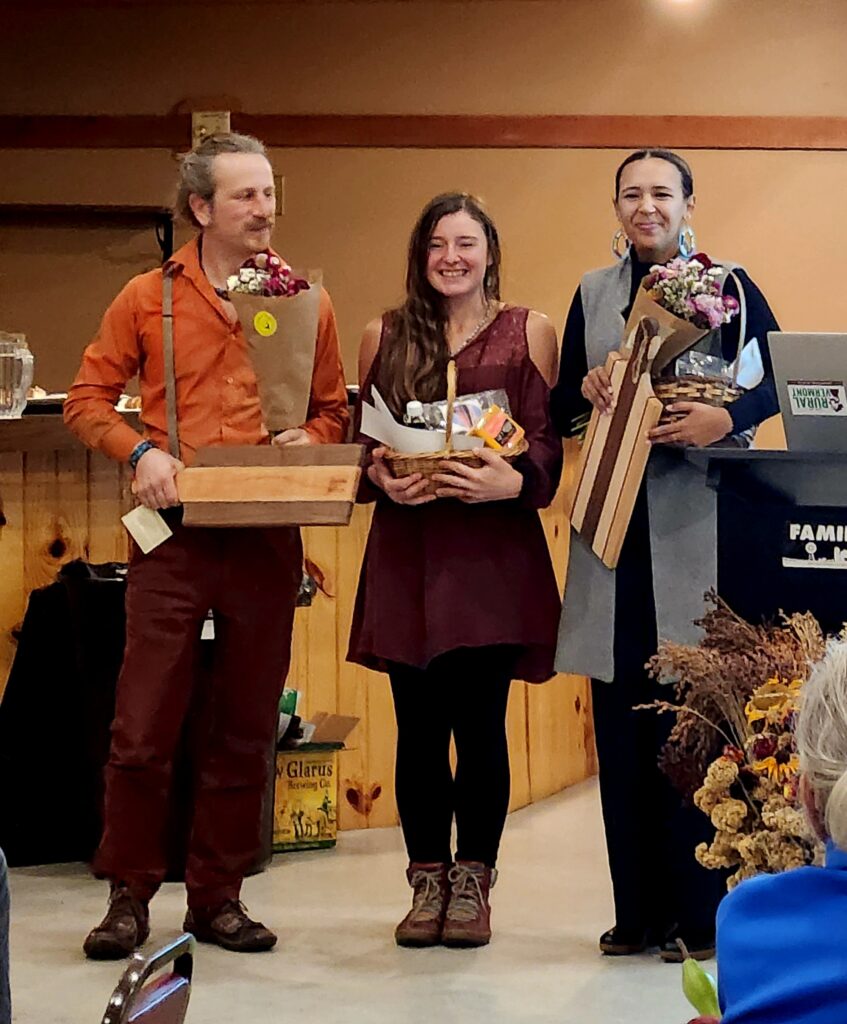Increasing exports will not keep farmers in business. Legislators can help farmers by inserting policies that would help them into the Farm Bill.
By: Anthony Pahnke, Vice President of Family Farm Defenders and and Associate Professor of International Relations at San Francisco State University
Originally published by the Progressive, Jan. 19, 2024
“We had to. We feed the world.”
This is what my grandfather told me when describing why we made changes to our farm over the years, whether it was replacing horses with tractors, learning how to apply the latest pesticide technology to reduce weeds or buying more cows for our herd.
The mantra instilled into us by elites was to produce, produce, produce.

Farmers like us heeded the call as we increasingly sent our products to other countries. In 1990, just over $45 billion dollars in sales came from overseas, which soared to more than $196 billion in 2022— a record year.
But here’s the rub—increasing exports will not keep farmers in business.
Just look at the dairy sector.
Wisconsin ranked second in the country—behind California—for most dairy farm bankruptcies from 2000 to 2019. The dairy state held the dubious distinction of being home to the greatest number of farm bankruptcies in 2019 and 2020 before leveling off in 2022. During roughly that same time from 2003 to 2021, according to the US Dairy Export Council, dairy exports steadily increased.
These facts should make our legislators rethink how their policies affect farmers.
A group of congressional representatives recently sent a letter to Secretary of Agriculture Tom Vilsack and U.S. Trade Representative Katherine Tai denouncing the U.S.-Mexico-Canada Agreement (USMCA) dispute settlement ruling that continues to allow the Canadian government to limit dairy imports into their market.
Central to the USMCA, a product of former President Donald Trump’s efforts to renegotiate the North American Free Trade Agreement, involved ensuring increased access to Canadian markets for U.S. dairy exports. A 2022 decision by the same panel sided with the United States, ruling that Canada was unfairly protecting its dairy industry. As a result, our neighbors to the north made changes to improve market access for U.S. interests. The more recent ruling holds that such changes are sufficient.
Still, there are larger issues here.
Our legislators shouldn’t pit our country’s farmers against their counterparts on the other side of the border. In 2018, Wisconsin farmers showed considerable interest in partnering with Canadian producers to implement their supply management system, which stabilizes prices for dairy farmers by controlling production and coordinating supply with demand. And while Trump was renegotiating NAFTA, a coalition of farmer advocacy groups noted that the opening of Canadian markets to U.S. exports would have no significant positive economic impact on American dairies.
Instead, rather than scapegoating Canadians, our lawmakers can actually help farmers by inserting policies that would help them into the Farm Bill. This massive piece of legislation that governs most facets of our food system, including dairy, is set to expire in September of this year.
One such policy is the National Family Farm Coalition’s Milk from Family Dairies Act, which has been endorsed by ninety-four food, farm, environmental, and labor organizations and includes provisions that would adjust the prices that farmers are paid based off of their cost of production, establish import and export controls and strengthen regional dairy infrastructure to balance supply with demand to create fair, competitive markets.
My family changed our farm to increase production and feed the world. Our exports increased. But time has made clear that this approach doesn’t work for most farmers. Our legislators need to take this opportunity to get our own house in order by getting behind policies that could assure farmers fair prices rather than repeating past mistakes.




